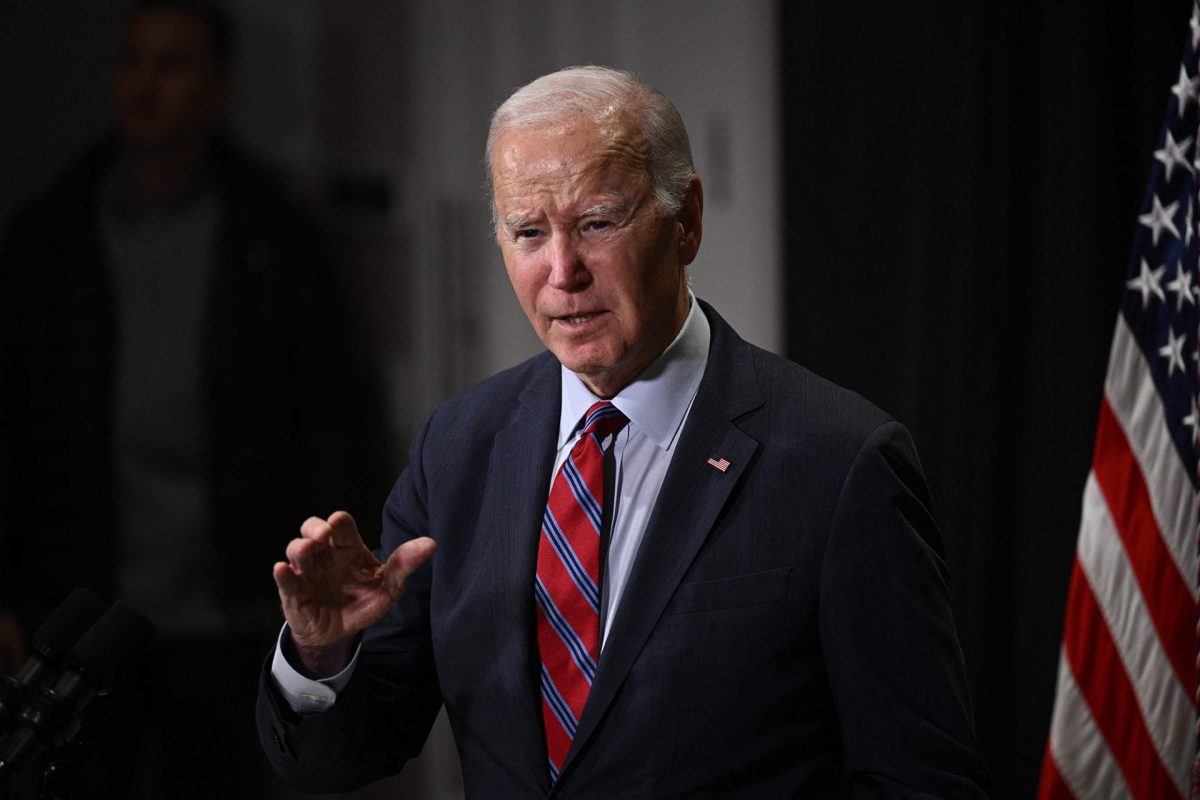The Intercept said on Saturday that Biden is seeking to remove all restrictions on the usage of the little-known US weapons stockpiles in Israel that the Pentagon established for use in regional conflicts, to which the Israeli regime had been previously permitted to have access in limited circumstances.
The move was included in the White House’s supplemental budget request, sent to the Senate on October 20, according to the report.
“This request would allow for the transfer of all categories of defense articles,” the proposed budget says.
The War Reserve Stockpile Allies-Israel (WRSA-I) was created in the 1980s to supply the United States with equipment in the case of a regional war, which is the largest node in a network of de facto US foreign arms stockpiles. These warehouses are controlled by a set of strict requirements.
Under the conditions outlined in these requirements, the Israeli regime has been able to tap into these stockpiles and purchase weapons at low costs if effective subsidization of US military aid is used.
The report notes that with WRSA-I, Biden seeks to remove nearly all meaningful restrictions on the stockpile and arms transfer to Israel, with plans to lift restrictions on obsolete or surplus weapons, waive an annual spending cap on replenishing the stockpile, remove weapon-specific restrictions, and curtail congressional oversight.
All of the changes in the Biden budget plan would be permanent, except for lifting the spending cap, which is limited to the 2024 fiscal year. The changes would come in an arms-trade relationship that is already shrouded in secrecy.
The House has already passed legislation reflecting the White House’s request last month, and it now stands before the Senate.
“By dropping the requirement that such articles be declared excess, it would also increase the existing strain on US military readiness in order to provide more arms to Israel,” stated Josh Paul, who was the director of congressional and public affairs for the State Department’s Bureau of Political-Military Affairs, for over 11 years.
Paul, whose resignation last month due to US military aid to Israel caused a stir in Washington, admitted that “the President’s emergency supplemental funding request, would essentially create a free-flowing pipeline to provide any defense articles to Israel by the simple act of placing them in the WRSA-I stockpile, or other stockpiles intended for Israel.”
According to experts, the White House request would make it much harder for Congress or the public to monitor US arms transfers to Israel.
Under US law, there must be 30 days prior notice to Congress before arms transfer, but the Biden budget request would allow this to be shortened in “extraordinary” circumstances.
In a report last January, The New York Times, citing US and Israeli officials, revealed that the Pentagon sent hundreds of thousands of artillery shells to Ukraine from the so-called American emergency stockpile in Israel to help meet Ukraine’s need for artillery shells in the war with Russia.
The US has been a steadfast supporter of Israel for decades, both diplomatically and militarily. Each year, the US provides around $4bn of military support to the regime and since war broke out between Israel and Hamas last month, the US sent an additional $14bn in military aid.
In early November, the American news outlet Bloomberg stated that the Pentagon has secretly increased its military aid to Israel, including more sophisticated missiles and equipment such as thousands of Hellfire missiles, which have been used extensively by Israel in Gaza war.
On Saturday in a phone call with Israeli minister of military affairs, Yoav Gallant, Pentagon chief Lloyd J. Austin underscored the US’s unwavering support for Israel and received updates as a temporary ceasefire continues across the besieged Gaza Strip following nearly seven weeks of Israeli genocidal war.
According to the Gaza-based health ministry, nearly 15,000 Palestinians have been killed in the Israeli strikes, most of them women and children, and injured around 36,000 others. 7,000 Palestinians are still missing.
